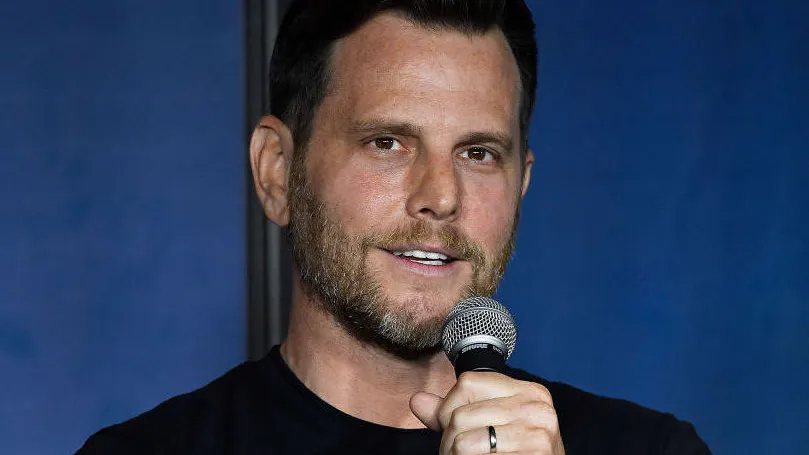On Wednesday, right-leaning political personality and “Intellectual Dark Web” icon Dave Rubin announced the launch of a previously teased venture whose goal is to combat the status quo of rampant Big Tech censorship, de-platforming, and de-monetization practices: Locals.com.
If you’re a creator and you want to own your own community, set your own rules, post video and audio to a curated feed, chat with supporters, sell tickets to events, build your own network with other creators and much more, join us on https://t.co/WLIO0Cxwe0
The future is now. pic.twitter.com/JfSRcGbMDq
— Dave Rubin (@RubinReport) December 4, 2019
With the tag line of “Own your community, Own your future,” Locals pitches itself to content creators as a one-stop “home for all your content” through which creators can “[p]ost videos, photos, podcasts, messages, and polls,” as well as “[s]ell tickets to events, and offer exclusive content to your supporters.” The site advertises that it can strengthen content creators’ relationship with their fans by removing the Big Tech middlemen and serve as a networking/community hub by allowing content creators to easily and freely associate with others. Perhaps most importantly, Locals tells creators to “[s]et your own rules” for interaction, in marked distinction with the “inconsistent and unfair moderation” of Big Tech.
Rubin, who is currently the only person publicly identified with launching the Locals project, spoke exclusively with The Daily Wire for a wide-ranging interview about the origins and importance of Locals.
“Everyone knows there is a massive problem with Big Tech,” Rubin began. “We have all outsourced all of our ability to communicate with each other to these Big Tech behemoths — no one really owns their content or knows what their terms of service are.”
Creators have very little access to their own audiences, Rubin continued, because Big Tech companies are clearly manipulating their algorithms and engaging in clandestine shadow-banning-type behavior. With the status quo, content creators have no way of ensuring that they can actually reach all of their followers and subscribers.
“For someone like me, from a libertarian/classical liberal way of thinking,” Rubin went on, “it’s time to reverse this. It’s time for creators, who are the real drivers of social media — the people who are generating clicks and creating podcasts — to be in control. It’s time for a new model.”
Locals, Rubin explained, “is a community-based app and desktop website where you can post audio, post video, communicate with your fans, and so forth. It’s subscription-only, so that takes care of all the bots and trolls and anonymous haters. One of the reasons that everyone hates everything online is that you have smart people arguing with these pink fox anime avatars on Twitter.”
Rubin’s signature “Rubin Report” program is the very first Local, he said, and he promised that more big-name creators will be rolled out soon. It will be up to each content creator to decide how much to charge for access to his/her Local, beginning with as little as three dollars per month. Each Local not only sets his/her own rules, but also owns his/her users’ data — “so that, even if you leave Locals,” Rubin noted, “you can still communicate directly” with your fans.
Suffice it to say this is a very different model than the one currently deployed by Big Tech giants like YouTube.
“There are so many people out there around the world who have all this great stuff to say, but these platforms are controlled by external platforms who manipulate,” Rubin said, coming to a crescendo. “I want to give every creator the chance to be truly independent. I created a tech company, not a platform.”
Combatting Big Tech censorship is an increasingly popular political agenda for the American Right. Freshman Sen. Josh Hawley (R-MO) has made taking on Big Tech a focal point of his first year in office. Earlier this week, furthermore, numerous leading conservative thinkers co-signed an essay for the Claremont Institute’s American Mind online journal that called for a “Tech New Deal” intended to ultimately “ensure[] America can extend its greatness well into the digital age.”

.png)
.png)

